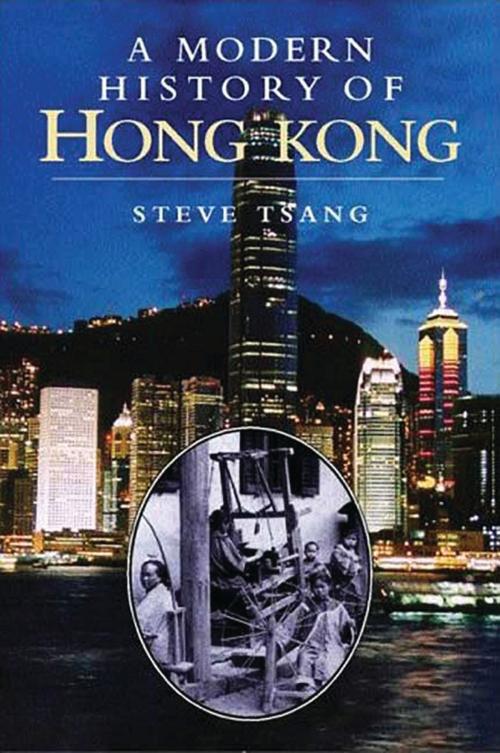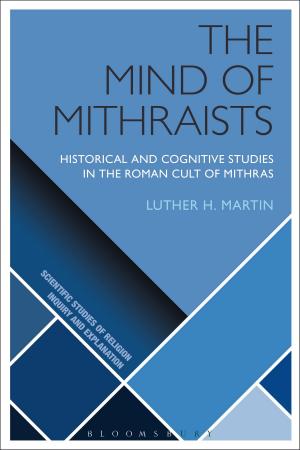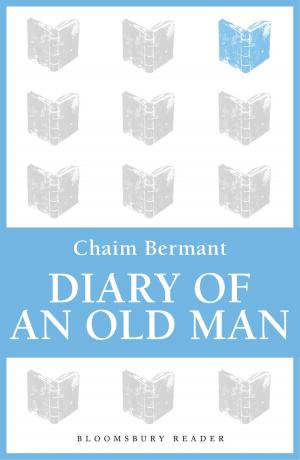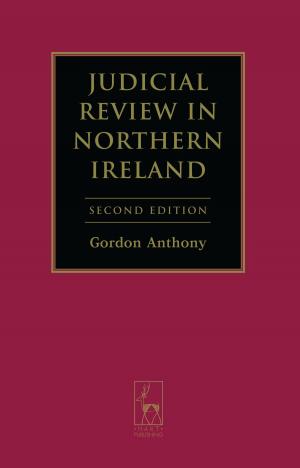| Author: | Steve Tsang | ISBN: | 9780857730831 |
| Publisher: | Bloomsbury Publishing | Publication: | July 30, 2007 |
| Imprint: | I.B. Tauris | Language: | English |
| Author: | Steve Tsang |
| ISBN: | 9780857730831 |
| Publisher: | Bloomsbury Publishing |
| Publication: | July 30, 2007 |
| Imprint: | I.B. Tauris |
| Language: | English |
This major history of Hong Kong tells the remarkable story of how a cluster of remote fishing villages grew into an icon of capitalism. The story began in 1842 with the founding of the Crown Colony after the First Anglo-Chinese war - the original 'Opium War'. As premier power in Europe and an expansionist empire, Britain first created in Hong Kong a major naval station and the principal base to open the Celestial Chinese Empire to trade. Working in parallel with the locals, the British built it up to become a focus for investment in the region and an international centre with global shipping, banking and financial interests. Yet by far the most momentous change in the history of this prosperous, capitalist colony was its return in 1997 to 'Mother China', the most powerful Communist state in the world.
Steve Tsang, drawing on a vast array of official and private sources, both Chinese and European, traces the development of the classic Crown Colony government with its Governors, elite Administrative Officers and non-elected Executive and Legislative Councils, and British-based legal and education systems. Whilst this structure sheltered and nurtured the astounding economic take-off, the vital engine of this development was the mass-immigration of Chinese - hard-working, entrepreneurial, quick to absorb Western ideas while retaining Chinese traditions - blending with expatriate European business interests. The author goes on to examine the effect of the trauma of invasion and defeat at the hands of the Japanese in the Second World War, the stirrings of democracy, the beginnings of Hong Kong identity and the growing influence of China. The story culminates in the saga of the end of the empire with the emotional hauling down of the Union flag and the raising of China's colours.
This major history of Hong Kong tells the remarkable story of how a cluster of remote fishing villages grew into an icon of capitalism. The story began in 1842 with the founding of the Crown Colony after the First Anglo-Chinese war - the original 'Opium War'. As premier power in Europe and an expansionist empire, Britain first created in Hong Kong a major naval station and the principal base to open the Celestial Chinese Empire to trade. Working in parallel with the locals, the British built it up to become a focus for investment in the region and an international centre with global shipping, banking and financial interests. Yet by far the most momentous change in the history of this prosperous, capitalist colony was its return in 1997 to 'Mother China', the most powerful Communist state in the world.
Steve Tsang, drawing on a vast array of official and private sources, both Chinese and European, traces the development of the classic Crown Colony government with its Governors, elite Administrative Officers and non-elected Executive and Legislative Councils, and British-based legal and education systems. Whilst this structure sheltered and nurtured the astounding economic take-off, the vital engine of this development was the mass-immigration of Chinese - hard-working, entrepreneurial, quick to absorb Western ideas while retaining Chinese traditions - blending with expatriate European business interests. The author goes on to examine the effect of the trauma of invasion and defeat at the hands of the Japanese in the Second World War, the stirrings of democracy, the beginnings of Hong Kong identity and the growing influence of China. The story culminates in the saga of the end of the empire with the emotional hauling down of the Union flag and the raising of China's colours.















